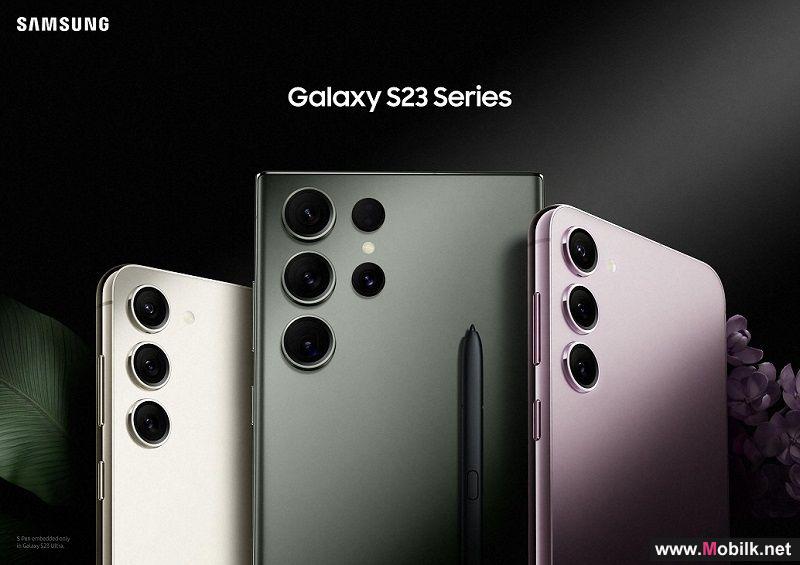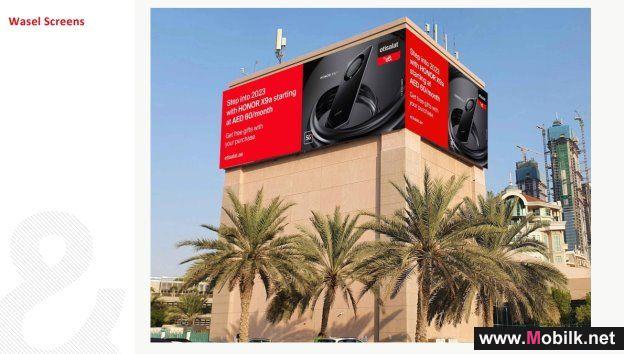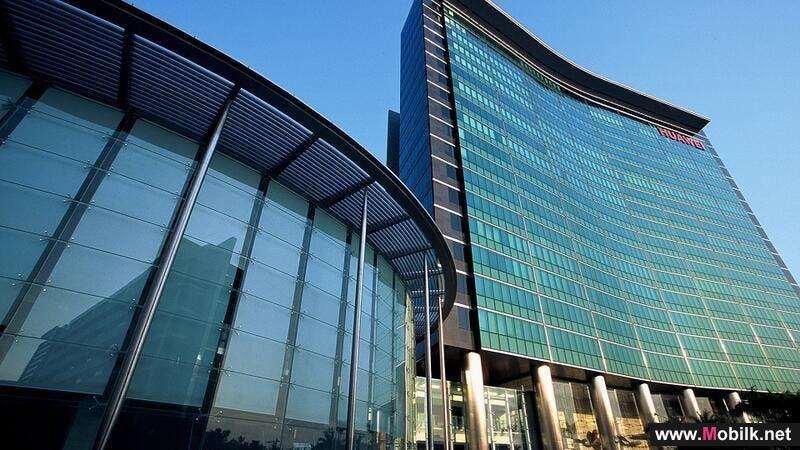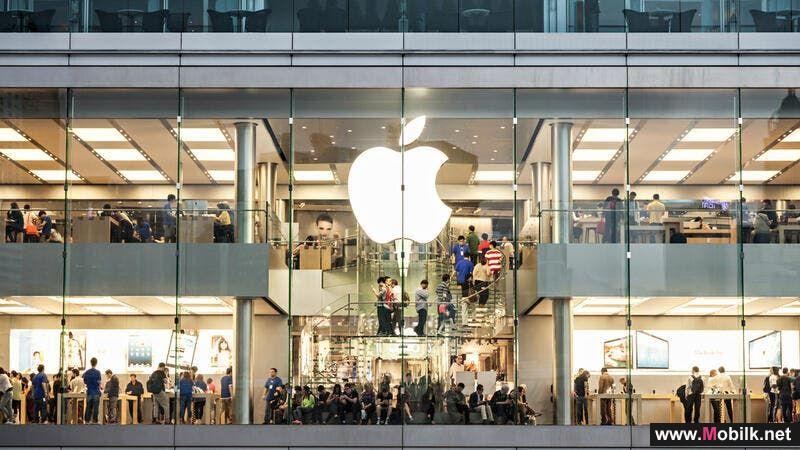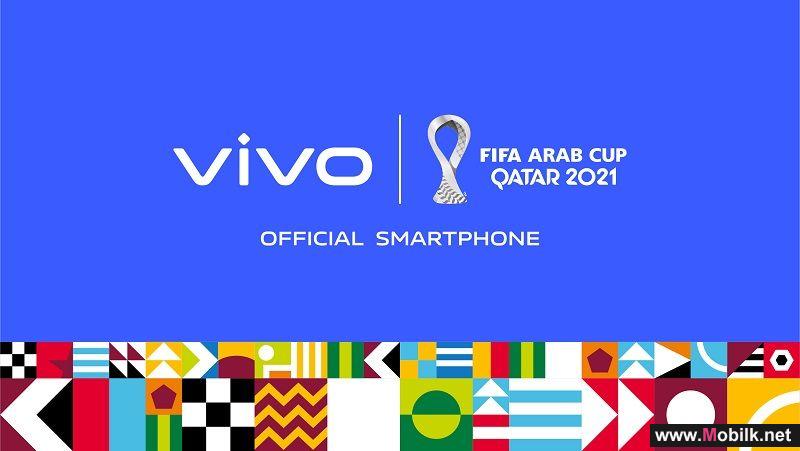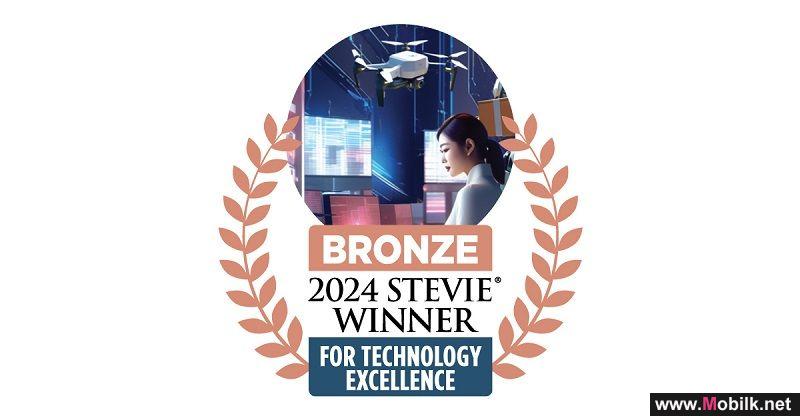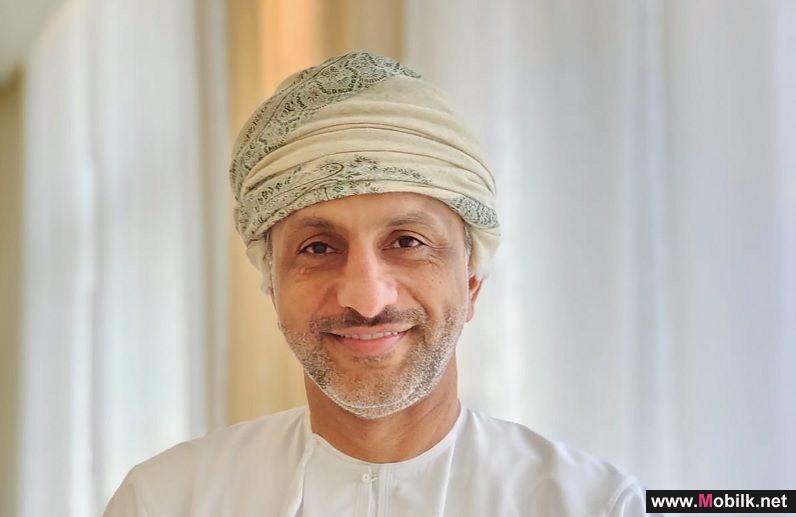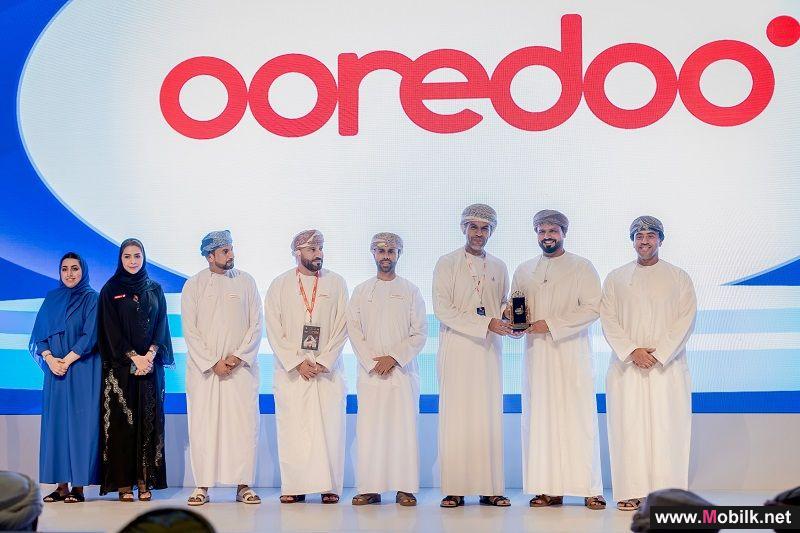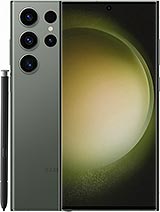Huawei Collaborates with Audi Group and Volkswagen to Explore Interconnected Car Technology
Mobilk - Huawei has announced two new automotive collaborations with Audi Group and Volkswagen to explore the future of interconnected car technology. Creating an enhanced driving experience for consumers, the separate partnerships will ultimately aim to provide users with internet-enabled features in their cars while integrating smartphone functions with vehicle-mounted systems.
The partnership with Audi Group to jointly explore the future of interconnected car technology at the Consumer Electronics Show Asia (CES Asia) 2015. Huawei’s LTE modules provide the new Audi Q7 SUV with the ability to support 2G, 3G and 4G networks, TDD-LTE and FDD-LTE standards. Enabling lightning fast data transfers with download speeds of up to 100Mbps, the partnership provides users with internet-enabled key features for an enhanced driving experience.
Huawei and Volkswagen also jointly demonstrated a series of apps that safely allow drivers to use GPS navigation systems, play music, send and receive messages, and make phone calls while behind the wheel. The apps support MirrorLink, an open technology standard designed to maximize interoperability between smartphones and vehicle-mounted systems. They cover multiple services including phone calls, SMS, navigation, multimedia, and payment that are all centered on smartphones.
Automobiles are set to become the next big devices after smartphones and wearables as communications between cars and urban infrastructure is realized. One industry report says that 90% of cars will have internet connectivity by 2020 and that this will be a major element in expanding the Internet of Things.
“By partnering with industry-leading automobile companies, Huawei aims to bring the best interconnection services and solutions to the next generation of cars, while actively promoting interaction between cars, smartphones, wearables and people; creating a seamless communication experience and driving environment,” said Richard Yu, CEO of Huawei Consumer Business Group, Huawei.
In the case of Audi Group, Huawei’s work in mobile broadband will enable lightning fast data transfers with download speeds of up to 100Mbps. Huawei’s LTE modules provide the new Audi Q7 SUV with the ability to support 2G, 3G and 4G mobile broadband networks, as well as compatibility with TDD-LTE and FDD-LTE standards. In 2014, Huawei was named the official partner for Audi Group for its leading expertise in the telecommunications and interconnected car technology solutions.
In separate plans announced with Volkswagen, Huawei has jointly demonstrated a series of apps that safely allow drivers to use GPS navigation systems, play music, send and receive messages, and make phone calls while behind the wheel. The apps support MirrorLink, an open technology standard designed to maximize interoperability between smartphones and vehicle-mounted systems.
Sven Patuschka, Executive Vice President for Research and Development of Volkswagen Group China, said: “Our cooperation with Huawei will seamlessly blend the capabilities of users’ smartphones with the systems in their cars. All content on the phone will be shown in real time on the car’s infotainment touch screen. The result is smart and convenient interaction between phone and car.”
Both partnerships are in part a result of huge R&D efforts being undertaken by Huawei globally in the field of mobile broadband and the Internet of Things. Huawei bases innovation on deep understanding of customer needs, driven by its strong R&D arm and in 2014 alone the company’s investments in R&D reached approximately $6.6 billion, accounting for roughly 14.2% of its annual sales revenue. Such efforts have seen the brand expand quickly on the world stage.
Phones & Tablets
Samsung Electronics announced that its Galaxy S23 Series, which launched for sale globally on 17 February, recorded higher sales worldwide than the..
Phones & Tablets
HONOR is hitting the scene once again with its latest offering, the HONOR X9a and in partnership with Etisalat by e&. This time, the global..
Phones & Tablets
Huawei Technologies Co., Ltd., a leading global provider of information and communications technology (ICT) infrastructure, announced the successful..

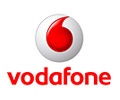 Vodafone Oman
Vodafone Oman Emirates Telecom
Emirates Telecom 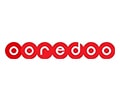 Ooredoo Om
Ooredoo Om Ooredoo Qa
Ooredoo Qa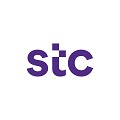 stc Bahrain
stc Bahrain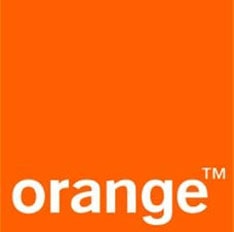 Orange Egypt
Orange Egypt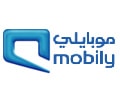 Mobily
Mobily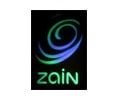 Zain Jo
Zain Jo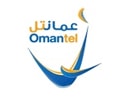 omantel
omantel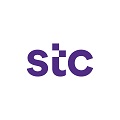 STC
STC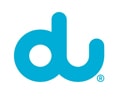 Emirates Du
Emirates Du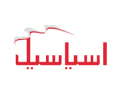 Asiacell
Asiacell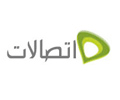 Etisalat Egypt
Etisalat Egypt 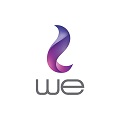 Telecom Egypt
Telecom Egypt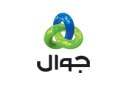 jawwal
jawwal Orange Jo
Orange Jo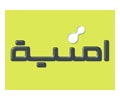 Umniah
Umniah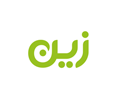 Zain Sa
Zain Sa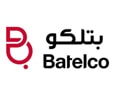 Bahrain Batelco
Bahrain Batelco Zain Bh
Zain Bh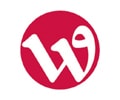 Wataniya palestine
Wataniya palestine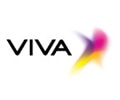 Kuwait Viva
Kuwait Viva  Zain Kw
Zain Kw Vodafone Qa
Vodafone Qa MTN Syria
MTN Syria Syriatel
Syriatel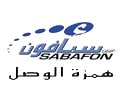 Sabafon
Sabafon Zain Iq
Zain Iq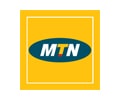 MTN Yemen
MTN Yemen Ooredoo Kw
Ooredoo Kw Vodafone Egypt
Vodafone Egypt 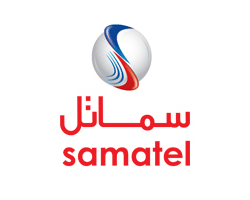 Samatel
Samatel Huawei
Huawei Samsung
Samsung MOTOROLA
MOTOROLA Lenovo
Lenovo Alcatel
Alcatel LG
LG Nokia
Nokia Sony Ericsson
Sony Ericsson HTC
HTC BlackBerry
BlackBerry Siemens
Siemens Acer
Acer Sony
Sony Asus
Asus VK
VK APPLE
APPLE BenQ-Siemens
BenQ-Siemens Sagem
Sagem Eten
Eten HP
HP Panasonic
Panasonic Amoi
Amoi Toshiba
Toshiba Sharp
Sharp Sonim
Sonim Bird
Bird Mitac
Mitac Philips
Philips Vertu
Vertu Pantech
Pantech Micromax
Micromax Maxon
Maxon Haier
Haier I-mate
I-mate Gigabyte
Gigabyte I-mobile
I-mobile Kyocera
Kyocera BenQ
BenQ Microsoft
Microsoft Telit
Telit Connect
Connect Sendo
Sendo Mitsubishi
Mitsubishi SEWON
SEWON NEC
NEC DELL
DELL Thuraya
Thuraya Neonode
Neonode Be
Be Qtek
Qtek Bosch
Bosch Palm
Palm MWG
MWG Fujitsu Siemens
Fujitsu Siemens XCute
XCute WND
WND INQ
INQ O2
O2 Innostream
Innostream Benefon
Benefon Google
Google




